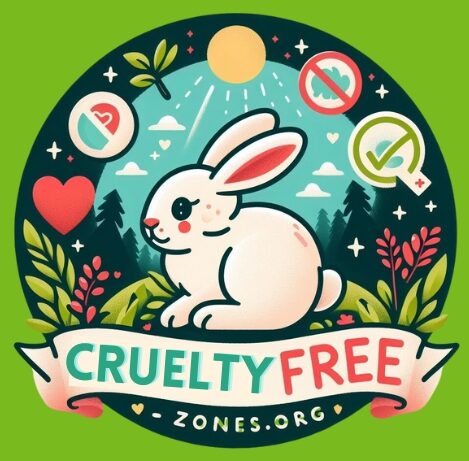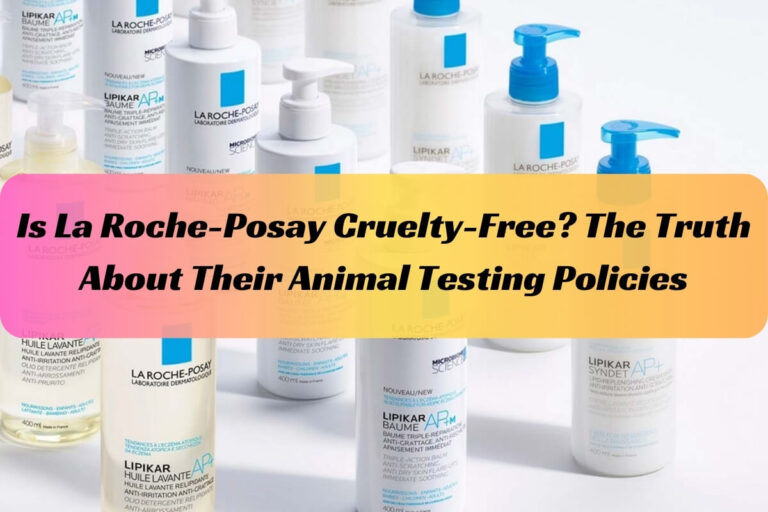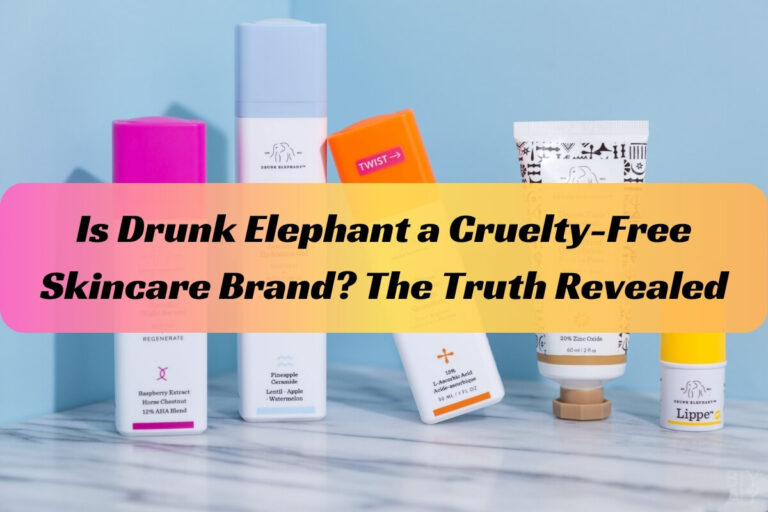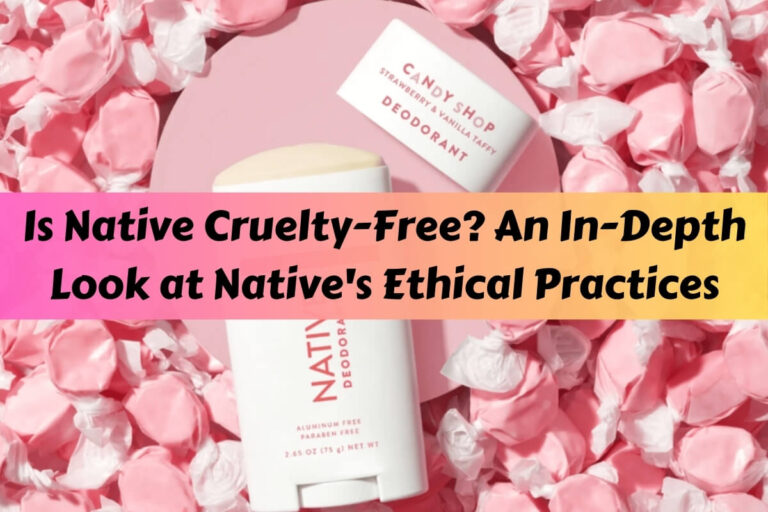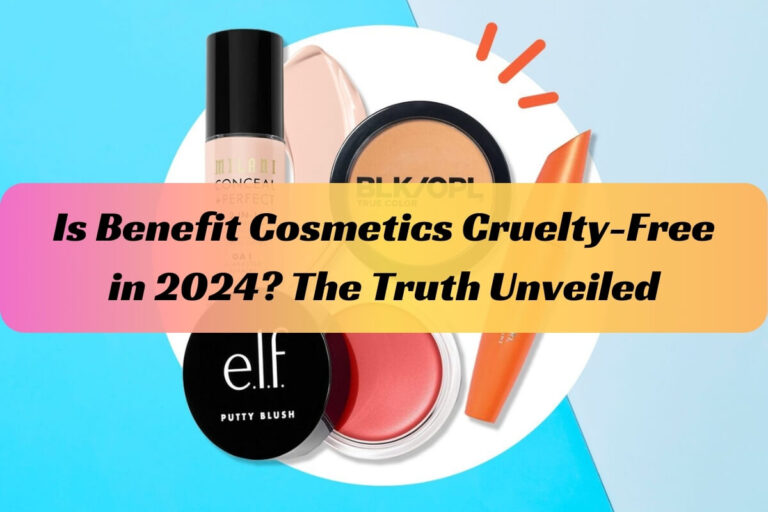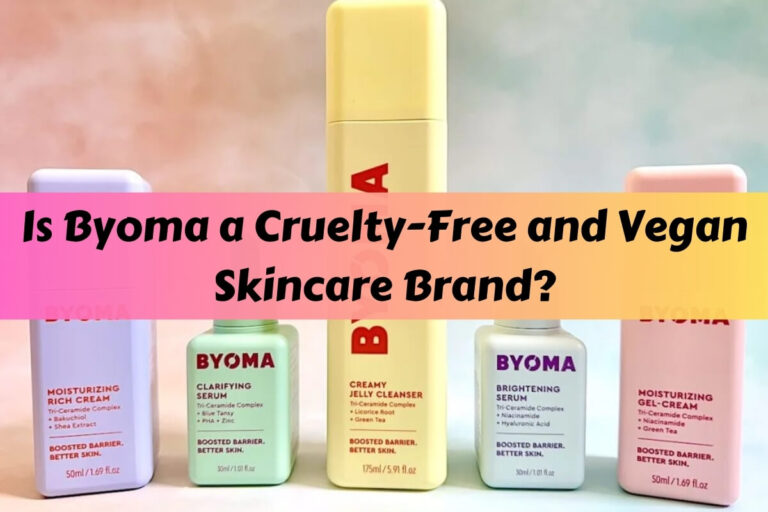Is M.A.C Cruelty-Free? The Truth About Animal Testing at This Popular Makeup Brand
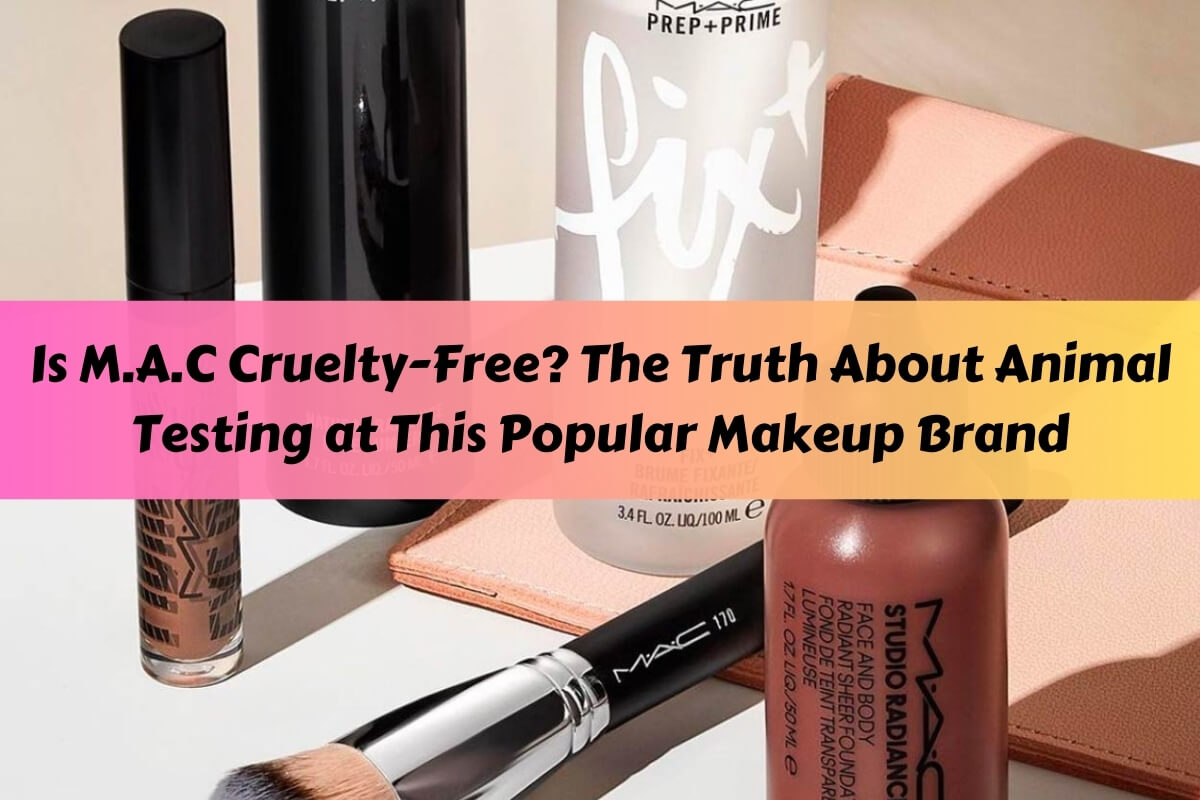
In recent years, there has been a growing consumer demand for cruelty-free and ethical products, especially in the beauty industry. As more people become aware of the ethical concerns surrounding animal testing, they are actively seeking out brands that align with their values. One brand that has come under scrutiny is M.A.C Cosmetics, a beloved makeup line known for its bold colors and professional-grade formulas.
Does M.A.C. test on animals, or are their products truly cruelty-free? The short answer is no, M.A.C is not considered a cruelty-free brand due to its business practices involving animal testing.
This guide explores M.A.C.’s animal testing policies, the use of animal-derived ingredients, and sustainability efforts. It also provides cruelty-free, vegan, and clean makeup alternatives.
What Does Cruelty-Free Mean?
Before we delve into M.A.C’s practices, it’s essential to understand what it means for a brand to be “cruelty-free.” The term refers to products and companies that do not test their finished products or ingredients on animals at any stage of development or production. This includes not conducting animal testing themselves or hiring third parties to do so on their behalf.
Cruelty-free means not tested on animals but may contain animal ingredients. Vegan means no animal ingredients or byproducts.
For conscious consumers who prioritize ethical and sustainable practices, choosing cruelty-free (and preferably vegan) products is a way to vote with their dollars and encourage companies to adopt more humane and environmentally friendly policies.
M.A.C’s Official Animal Testing Policy
On their website, M.A.C states: “M·A·C does not test on animals. We do not own any animal testing facilities and we never ask others to test on animals for us. While some governments conduct animal testing to prove safety before they will allow us to sell our products, M·A·C has never tested on animals and we continue to be a leader in the movement to end animal testing globally.”
However, this statement is somewhat misleading. While M.A.C may not directly conduct animal testing themselves or own testing facilities, they do allow their products to be tested on animals in certain circumstances.
Does M.A.C Sell in Mainland China?
Yes, M.A.C Cosmetics are sold in physical stores in mainland China. This is a crucial detail because, in China, animal testing is required by law for most cosmetic products sold in physical retail locations.
While cosmetics shipped directly to consumers in China (without being sold in physical stores) are not subject to animal testing requirements, M.A.C chooses to sell their products in physical retail locations. This means that the Chinese authorities likely conduct animal testing on M.A.C products to comply with local regulations.
Is M.A.C Certified Cruelty-Free?
No, M.A.C is not certified as a cruelty-free brand by any third-party organizations like Leaping Bunny or PETA. These organizations have strict standards and regularly audit brands to ensure they uphold cruelty-free practices throughout their supply chain and in all markets where they operate.
Without third-party certification, there is no independent verification of M.A.C’s cruelty-free claims, raising doubts about the transparency and accuracy of their statements.
Is M.A.C Owned by a Non-Cruelty-Free Parent Company?
Yes, M.A.C is owned by Estée Lauder Companies, a parent corporation that engages in animal testing in some markets where it is required by law. Estée Lauder’s policy states that they conduct animal testing when mandated by regulatory bodies, contradicting the cruelty-free ethos.
Supporting brands like M.A.C may not persuade their parent company to adopt cruelty-free practices, as selling in markets that require animal testing makes them complicit in the practice.
Cruelty-Free Alternatives to M.A.C
Here are some high-quality, cruelty-free alternatives to M.A.C makeup:
- Urban Decay: A popular cruelty-free brand known for its bold and long-lasting makeup products. Owned by L’Oreal.
- KVD Beauty: Founded by tattoo artist Kat Von D, this vegan and cruelty-free brand offers a wide range of makeup products. Owned by Kendo, LVMH.
- Victoria Beckham Beauty: A luxury cruelty-free makeup line created by the fashion icon.
- Makeup By Mario: A high-end cruelty-free and vegan makeup brand created by celebrity makeup artist Mario Dedivanovic.
- Charlotte Tilbury: A luxury cruelty-free makeup line known for its inclusive shade ranges. Owned by Puig.
These brands offer a variety of high-performance makeup products comparable to M.A.C but with the added assurance of being certified cruelty-free by organizations like Leaping Bunny or PETA.
How to Identify Truly Cruelty-Free Brands
To ensure you’re supporting brands that align with your values, it’s essential to research their animal testing policies thoroughly. Here are some tips:
- Look for third-party certifications like Leaping Bunny or PETA’s Beauty Without Bunnies program.
- Check the brand’s website for clear statements on their stance on animal testing.
- Inquire about their policies in different markets, especially China, where animal testing may be required by law.
- Be wary of vague or misleading statements that don’t provide complete transparency.
- Follow cruelty-free bloggers and advocacy groups for up-to-date information on brand practices.
By doing your due diligence, you can make informed decisions and support companies that prioritize ethical and humane practices.
Is M.A.C Vegan?
No, M.A.C is not a vegan brand. While they may offer some vegan-friendly products, their entire line is not free from animal-derived ingredients. Some of their products contain ingredients like lanolin, beeswax, and carmine, which are derived from animals.
M.A.C.’s “vegan” products may not be considered truly vegan since the brand allows animal testing on some products or ingredients.
Common Non-Vegan Ingredients to Avoid
If you’re looking to adopt a vegan lifestyle and makeup routine, it’s essential to familiarize yourself with common animal-derived ingredients to avoid:
- Lanolin (derived from wool)
- Beeswax
- Collagen
- Keratin
- Gelatin
- Carmine (made from crushed insects)
- Guanine (derived from fish scales)
- Honey
- Silk
- Squalene (often derived from shark liver oil)
- Animal fats and oils
Keep in mind that some of these ingredients may have plant-based or synthetic alternatives, so it’s always best to read ingredient lists carefully.
Vegan Brand Alternatives to M.A.C
Choose from these cruelty-free and vegan makeup brands for high-quality options:
- KVD Beauty: A favorite among vegan makeup enthusiasts, known for its bold and long-lasting products.
- Haus Labs: Lady Gaga’s vegan and cruelty-free makeup line, featuring innovative and inclusive products.
- LYS Beauty: A luxury vegan and cruelty-free makeup brand with a focus on sustainability.
These brands offer a wide range of vegan and ethically sourced makeup products, ensuring you can enjoy your favorite beauty routines without compromising your values.
Is M.A.C Considered Clean Beauty?
The term “clean beauty” can be somewhat ambiguous, as there is no universally accepted definition or regulation. However, M.A.C does appear to prioritize using safer ingredients and avoiding potentially harmful chemicals. According to their website, M.A.C products are formulated without parabens (except in some professional products), phthalates, formaldehyde donors, SLS, hydroquinone, triclosan, and other potentially harmful substances.
Being “clean” doesn’t mean a product is cruelty-free or vegan. M.A.C.’s stance on animal testing and animal-derived ingredients still needs consideration.
Clean Beauty Alternatives to M.A.C
Look for cruelty-free and clean makeup options from these brands:
- Kosas: A clean beauty brand offering a range of high-performance makeup products free from harsh chemicals.
- MERIT: A minimalist, clean makeup line focused on enhancing natural beauty.
- Rose Inc.: A clean, cruelty-free, and vegan makeup brand created by model Rosie Huntington-Whiteley.
These brands prioritize using clean, non-toxic ingredients while also upholding cruelty-free and vegan principles, making them excellent alternatives for conscious consumers.
Is M.A.C Fragrance-Free and Paraben-Free?
M.A.C is not entirely fragrance-free, as some of its products may contain synthetic fragrances. However, they do claim to be paraben-free, except for some professional products in their lineup.
For individuals with sensitivities or those who prefer to avoid synthetic fragrances and preservatives like parabens, it’s essential to read ingredient lists carefully when considering M.A.C products.
M.A.C’s Sustainability Efforts
M.A.C has made some efforts towards sustainability, primarily through initiatives like their “Back-to-M·A·C” program, which encourages customers to return empty primary packaging for recycling. They also claim to be working on improving the sustainability of their packaging materials.
Additionally, M.A.C supports various social and environmental causes through programs like the M.A.C AIDS Fund, which has raised over $500 million to support organizations helping people living with HIV/AIDS.
Sustainability is more than packaging and charity. It includes a brand’s environmental impact, supply chain, ingredient sourcing, and business practices.
Sustainable Makeup Brand Alternatives
If you’re looking for makeup brands that prioritize sustainability more holistically, consider these options:
- Ilia Beauty: A clean, ethical, and sustainable beauty brand that uses recyclable and refillable packaging.
- bareMinerals: Known for their mineral-based makeup and commitment to sustainability through initiatives like their “Sample to Sauce” program.
- Tower 28: A clean, vegan, and cruelty-free makeup brand that uses eco-friendly and sustainable packaging.
These brands not only uphold ethical and cruelty-free practices but also prioritize sustainability throughout their supply chain, ingredient sourcing, and packaging choices.
In Conclusion:
M.A.C Cosmetics’ animal testing practices and lack of transparency concern conscious consumers. Despite claiming to support cruelty-free practices, they sell in markets like China, where animal testing is legally required, contradicting their claims.
Furthermore, M.A.C.’s use of animal-derived ingredients and lack of third-party cruelty-free certifications add to the doubts surrounding their ethical standing. While the brand has made efforts towards sustainability and using safer ingredients, these initiatives do not necessarily align with the core values of cruelty-free and vegan consumers.
Consumers decide whether to support M.A.C or alternative brands based on their values. Researching ingredients and supporting ethical brands helps consumers make informed choices.
